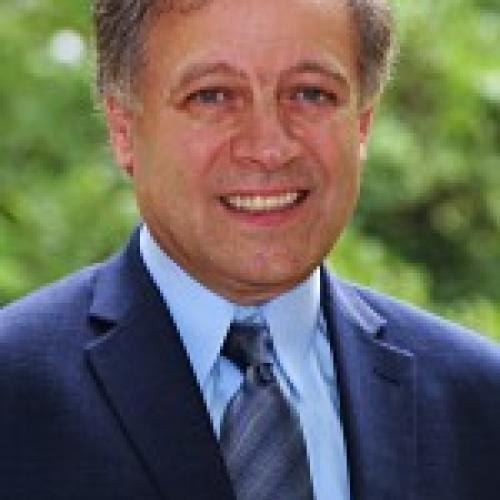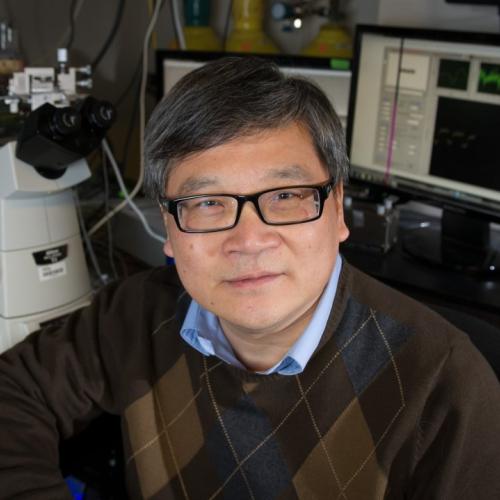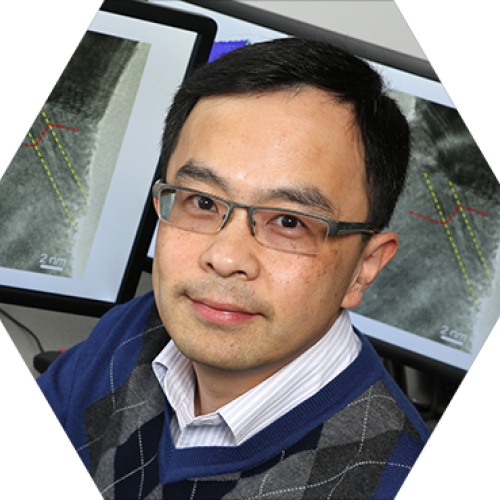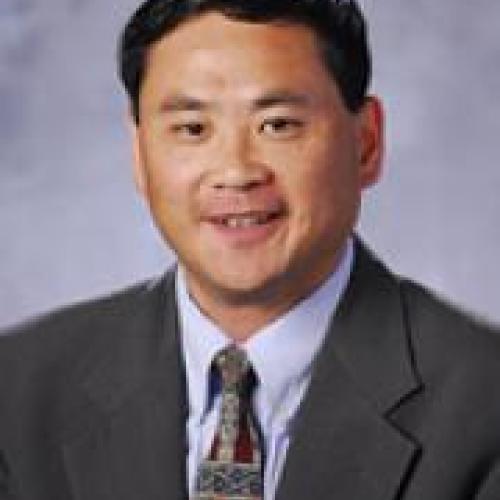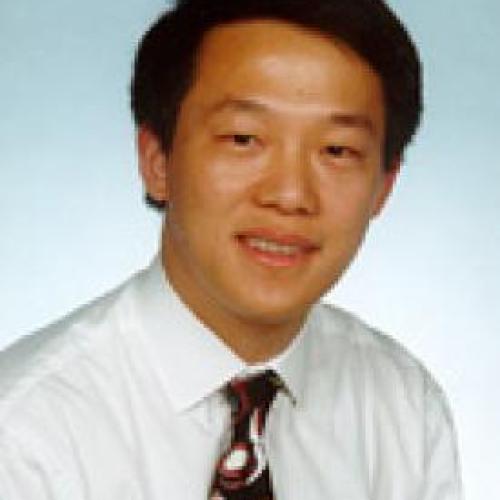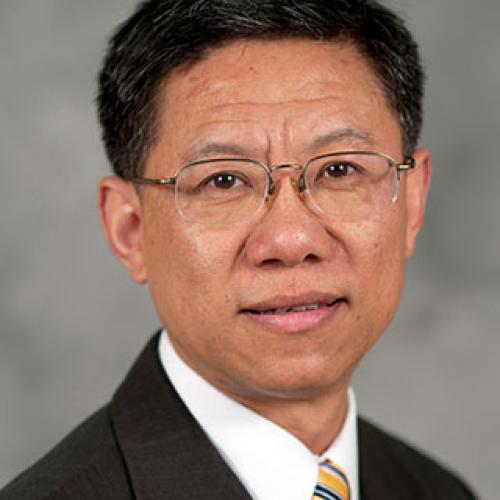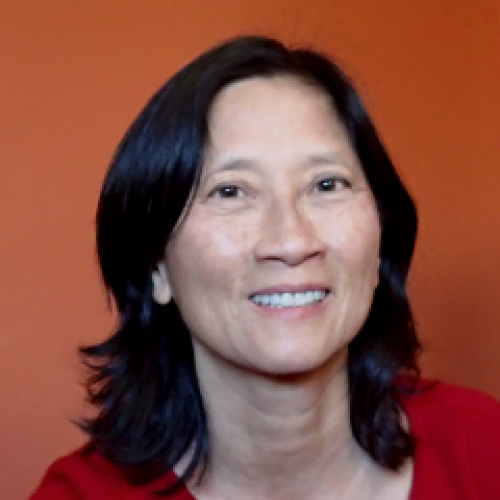Craig Zimring
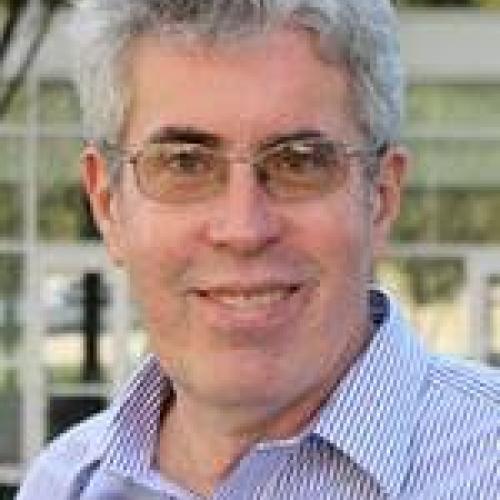
An environmental psychologist and professor of architecture, Craig Zimring directs the SimTigrate Design Lab. He and his colleagues and students focus on how innovative, research-informed design can improve health and healthcare, and how research can be incorporated into classroom teaching, both to improve design and help students develop skills for practice. He has conducted over $7M in research with and for Mayo Clinic, Emory Healthcare, Children’s Healthcare of Atlanta, Military Health System, HKS Architects, HDR Architects, and many others, including safety-net clinics and international providers of healthcare. He has published over 100 scholarly and professional publications and received 11 awards for his research. He has given numerous keynote and plenary addresses to organizations and meetings such as Australian Healthcare Week, Institute for Patient and Family-Centered Care, and Chinese Hospital Association. His Ph.D. and master's graduates serve in teaching and leadership positions in universities and practice.
He currently serves on the board of the Center for Health Design and has served on the boards of the Environmental Design Research Association, the National Academies’ Board on Infrastructure and the Constructed Environment, the Joint Commission’s Roundtable on the Hospital of the Future and other organizations. In addition to his work on healthcare, Dr. Zimring served as a senior scientist in developing the 2010 New York City Active Design Guidelines and was a founding member of the Center for Active Design.
